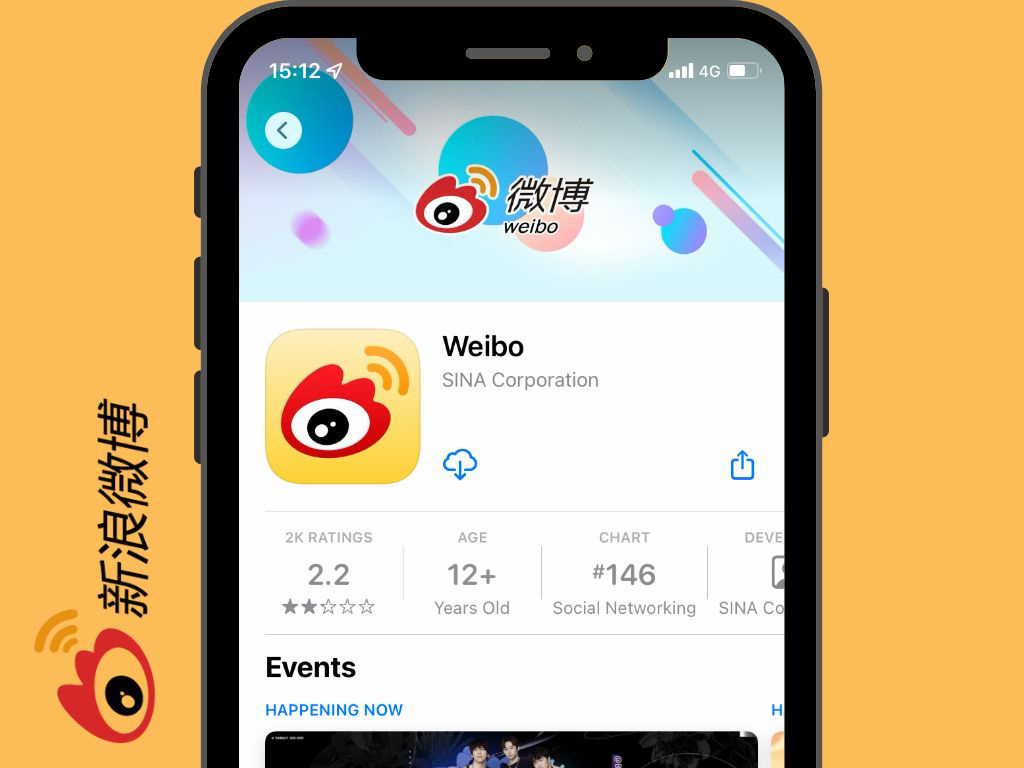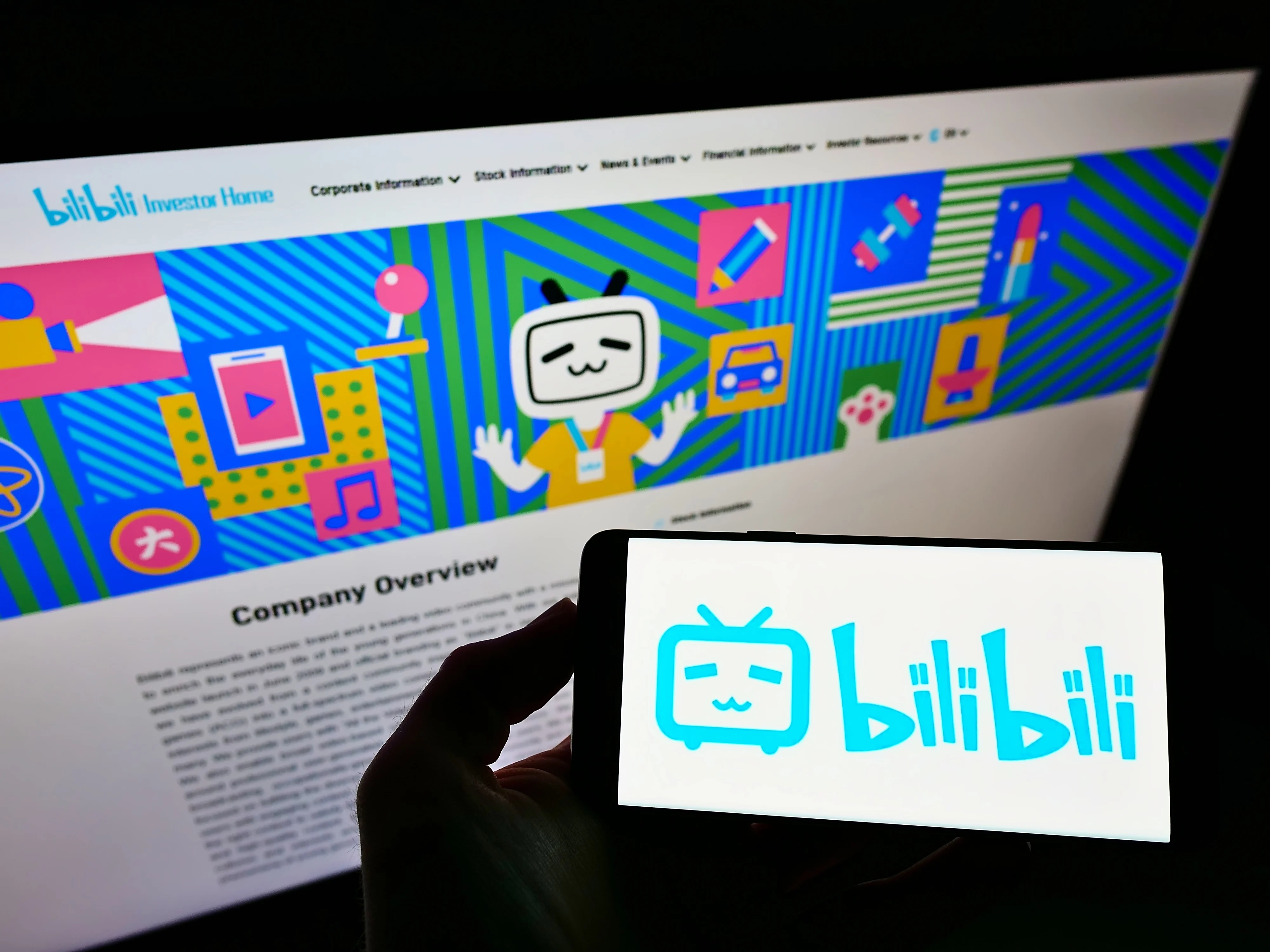When it comes to search engine optimization, most global marketers are well-versed in Google’s algorithm and best practices. But if you’re targeting the Chinese market, Baidu—the country’s leading search engine—requires a different approach altogether.
In this article, we break down 8 critical differences between Baidu and Google SEO to help you build a localized strategy that actually works.
1. Algorithm Structure: Keywords Still Matter on Baidu
While Google has moved away from meta keyword tags and flat structures, Baidu still uses them as ranking signals. Flat website architecture, accurate meta tags, and keyword density remain important for Baidu rankings. Brands entering China should revisit some “old-school” SEO tactics to align with local requirements.
2. ICP License: A Must for Serious Rankings
An ICP (Internet Content Provider) license is a major trust and compliance signal for Baidu. It’s issued by the Chinese government and is required for hosting a website in Mainland China. Without it, your visibility will be limited—even if your content is well-optimized. Most foreign brands work through a local partner to obtain this license or opt for a .cn domain hosted via a Chinese CDN.
3. Ad Platform Limitations: More Friction Than Google
Launching Baidu ads comes with more barriers than Google Ads. You’ll need to provide additional documentation, undergo account verification, and adapt to fewer ad format options. Campaign approval also tends to take longer. If you plan to invest in SEM, budget extra time for setup and approvals.
4. Different Payment Models: Upfront vs. Post-Billing
Unlike Google, which allows post-campaign billing and flexible budgets, Baidu operates on a prepaid model. Brands must pay an initial deposit and verification fee to activate their ad account. There’s also a minimum threshold for ad spend. If you’re entering the market for the first time, plan for this upfront investment.
5. Chinese Content is King
Baidu strongly favors Simplified Chinese content. Sites written in other languages—even Traditional Chinese—will rank lower. In addition to language, local hosting or Chinese CDN support improves page speed and indexing. Simply put: the more localized your content and infrastructure, the better your results.
6. Social SEO: Zhihu, Douban & Tieba Matter
Unlike Google, Baidu’s ecosystem incorporates results from Chinese forums and social platforms. Activity and keyword-rich discussions on Zhihu, Douban, and Baidu Tieba directly influence rankings. This means a hybrid content strategy—blending on-site SEO and off-site social content—is critical for success.
7. Mobile Optimization: Non-Negotiable
With over 65% of users accessing Baidu via mobile, speed and responsiveness are essential. Baidu prefers fast-loading AMP-like mobile pages and rewards sites that are optimized for China’s top mobile devices and browsers. Don’t expect your desktop-optimized Western site to perform well in this environment.
8. Local Backlinks Carry More Weight
Backlinks still play a big role in Baidu SEO—but with a twist. Baidu gives higher weight to inbound links from Chinese domains and strongly favors exact-match anchor text. Building a local backlink network via media outreach, directory submissions, and Chinese forums can significantly boost your search visibility.
Final Thoughts
A high-performing SEO strategy in China isn’t a simple translation of your Google playbook. It requires localization, compliance, and a firm grasp of Baidu’s ranking factors. By understanding and adapting to these key differences, your brand can gain meaningful visibility and connect with Chinese consumers in a truly relevant way.
Need Help Navigating Baidu SEO? Our team specializes in building effective search and content strategies for the China market. Get in touch to explore how we can support your next campaign.



